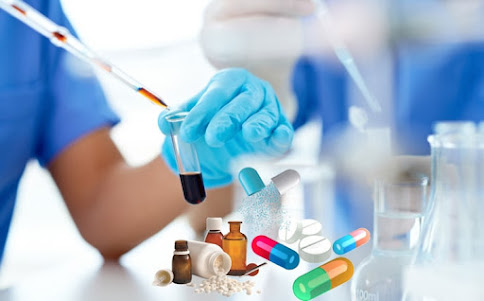Labcorp, Along With Its Subsidiary Covance Inc., Partnered With GENFIT For In Vitro Toxicity Testing Market
In recent years various animal welfare associations have raised initiates towards eradicating toxicity testing on animals. In vitro toxicity testing eliminates the use of animals from the testing procedure. This factor is driving the growth of the market. Various advantages associated with in vitro toxicity testing are also supporting the growth of the in vitro toxicity testing market. Moreover, this procedure also gives proper detection of toxic effects on the organism at very low concentration and this is not possible in animal testing. Furthermore, strict rules and regulations regarding the banning of animal testing are expected to provide potential opportunities in the near future. For instance, in January 2020, the state governments of California, Nevada, and Illinois banned the sale or import of animal-tested cosmetics.
-
In January 2020, the U.S. FDA finalized it's In Vitro Guidance for the pharmaceutical industry in order to help drug developers plan and evaluate studies to determine the drug-drug interaction potential of an investigational drug product
-
In January 2019, LabCorp, along with its subsidiary Covance Inc., partnered with GENFIT, a biopharmaceutical company focused on R&D in liver diseases, for access to non-alcoholic steatohepatitis liver diagnostic test for the clinical research market
The Asia Pacific is expected to dominate the global in vitro toxicity testing market and this is attributed to the high demand for personal care products in the region. According to India Brand Equity Foundation, the beauty, cosmetic, and grooming market in India is expected to reach US$ 20 billion by 2025.
Major players operating in the global in vitro toxicity testing market include Bio-Rad Laboratories, Inc., Cyprotex, Charles River Laboratories International Inc., and Covance Inc.
In vitro toxicity testing, also known as in vitro toxicity testing, is the scientific investigation of the adverse effects of certain toxic chemicals on mammalian cells or cultured animals. It is done in order to assess the potential hazards of a product or procedure before use in humans. This can be performed in various scientific settings, including research laboratories and manufacturing environments. Animals are frequently used in these tests in order to minimize the risks of exposure. In order to comply with legal requirements and to ensure safety, companies in the cosmetics and pharmaceutical industries have to comply with the current standards set for in vitro toxicity testing.
There are various in vitro toxicity testing methods that are implemented in various parts of the globe. The most common testing methods focus on determining the effects of chemicals on healthy human cells, such as those in the blood, breast cancer cells, and skin.




Comments
Post a Comment